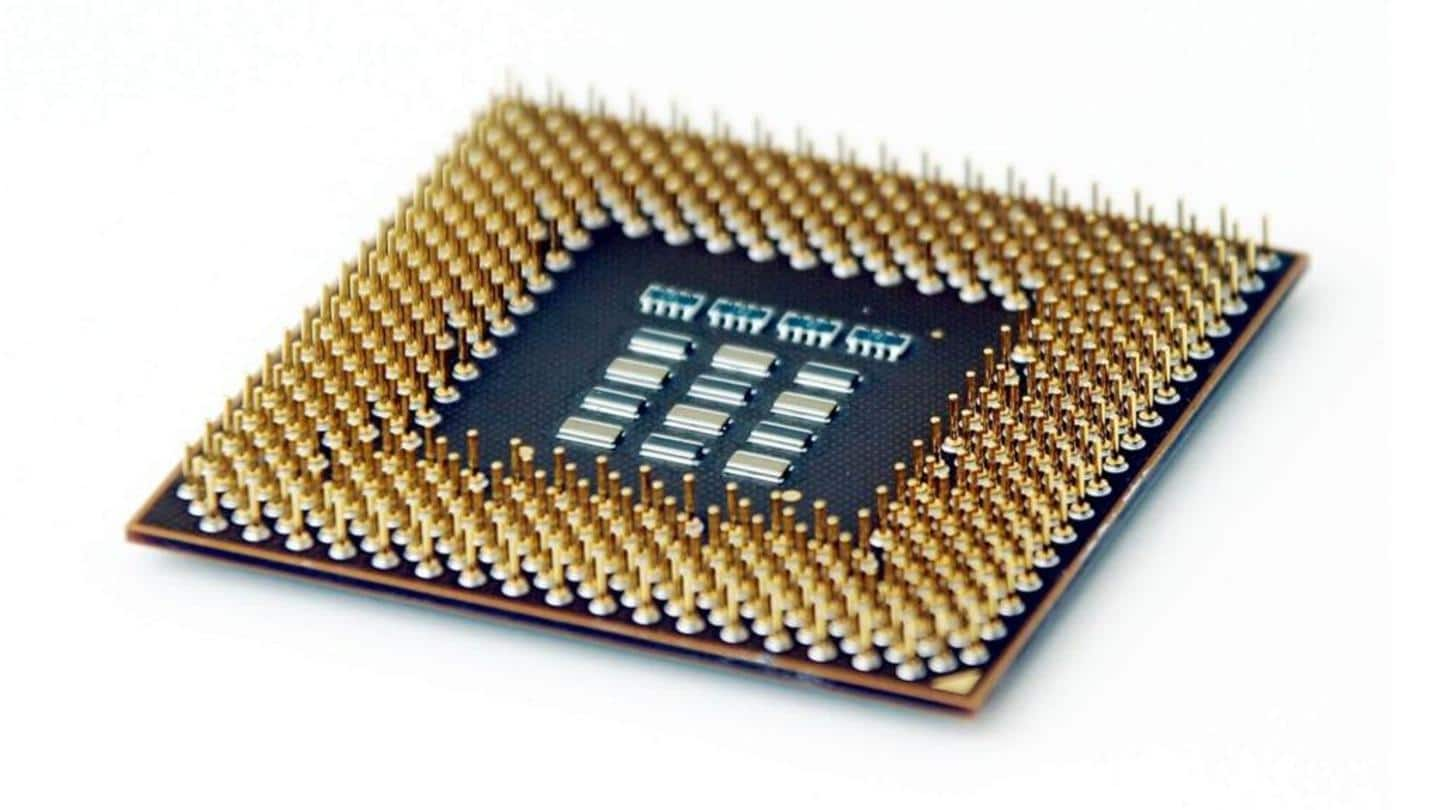
Xiaomi and OPPO might soon launch in-house processors
What's the story
Xiaomi and OPPO are developing in-house processors for smartphones which the companies will introduce between late 2021 and early 2022, reports DigiTimes.
According to the publication, these SoCs will support sub-6GHz 5G network. However, there was no mention of the mmWave network anywhere.
It adds that Unisoc, which is a Shanghai-based fabless chipmaker, will also roll-out its 5G SoC around the same time.
New players
Xiaomi entered the semiconductor market in 2017
The upcoming SoC from Xiaomi wouldn't be its first chipset though. It had launched the Surge S1 processor in 2017 and the brand recently introduced Surge C1 ISP (image signal processor) for the Mi Mix Fold.
A report that came out in February 2020 suggested that OPPO is also working on its own chipsets under the "Mariana" plan.
Lessons learnt
These companies might not want to end up like Huawei
Tellingly, Xiaomi and OPPO would not want to end up like Huawei. To recall, the company had lost its supply of Kirin chipsets, after the US imposed a ban on Huawei.
Hence, they might be developing their own chipsets and diversifying their parts supply.
The recent shortage of semiconductors could also be a reason why these brands would want to manufacture their own chips.
Optimization
Implementing in-house chipsets might reduce manufacturing cost
Currently, Xiaomi and OPPO source their smartphone chipsets from Qualcomm and MediaTek. The smartphone makers could cut down on manufacturing cost by implementing their own SoCs.
Since Xiaomi and OPPO are not really experienced at making chipsets, their SoCs might not perform as good as those from their current suppliers. Hence, the in-house processors might end up in more affordable smartphones.
Competitors
Google is also rumored to be developing its own processor
Xiaomi and OPPO aren't the only ones that seem to be developing their own SoCs.
A report from 9to5Google claims that Google will come up with its own smartphone chipset codenamed GS101 Whitechapel and it is taking Samsung's help for it.
The report claims that the Whitechapel SoC will be used in Google's next flagship smartphone, which might be named the Pixel 6.